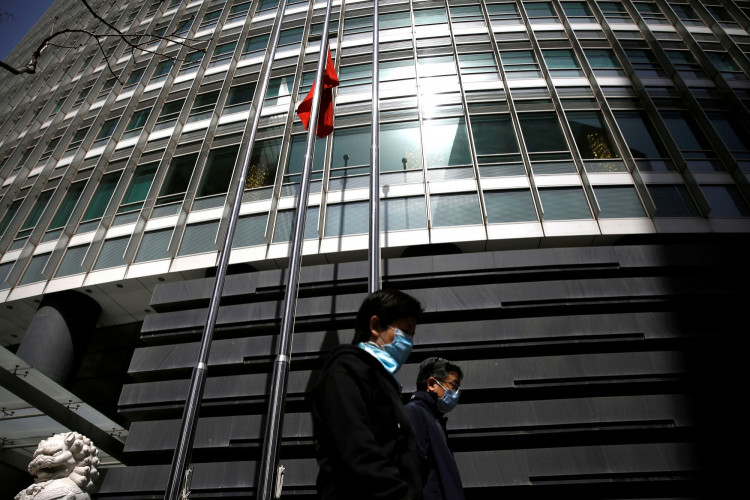China's finance and banking regulator is calling for a tougher stance against financial irregularities and fraud following a series of scandals that have managed to damage the country's reputation. The call made by the China Banking and Insurance Regulatory Commission (CBIRC) comes after it acknowledged for the first time the fraudulent activities conducted by the NASDAQ-listed Kingold Jewelry.
On Saturday, the regulator emphasized the major challenges that are facing the country's financial sector following the recently discovered fraudulent activities of various U.S.-listed Chinese companies. Prior to the discovery of Kingold Jewelry's use of fake gold to obtain loans, the industry's reputation had been tarnished by the accounting scandals conducted by U.S.-listed firms such as Luckin Coffee and TAL Education Group.
The CBIRC mentioned in a statement that several Chinese banking, trust, and insurance companies had been involved in the Wuhan Kingold Jewelry fake gold incident. It noted that the scandal had underscored the internal control and risk management lapses of some financial intuitions, which needs to be immediately remedied.
The Financial Stability and Development Committee, an agency led by Chinese Vice Premier Liu He, agreed with the CBIRC's assessment, noting that regulators should enforce a zero-tolerance policy on companies that are caught in fraudulent financial activities. On Sunday, the committee called on all relevant parties to accelerate their crackdown of fraud in the country's financial sector.
The call for a wider crackdown comes as Chinese firms wishing to list abroad are facing increased scrutiny from international regulators. In the U.S., lawmakers and regulators have stepped up their control measures aimed at Chinese firms, a move that may lead to the delisting of some companies that are already floating their shares in the country.
The Luckin Coffee, TAL Education, and Kingold scandals have also managed to increase tensions between China and the U.S., resulting in some Chinese companies considering measures to reduce their risks. Major tech firms have already launched secondary listings in Hong Kong in light of the rising tensions.
The Kingold scandal is the latest scandal that is fueling the United States' fervor to expel Chinese firms from its capital markets. The company, which is one of China's largest jewelers, was recently caught using fake gold bars as collateral to obtain loans of more than 20 billion yuan, or roughly $2.86 billion, from at least 14 financial institutions. Kingold even obtained loans from state-owned People's Insurance Company of China Property and Casualty (PICC P&C).
The banks that have so far been found to be involved in the loan scandal include Wuhan-based Hengfeng Bank.





